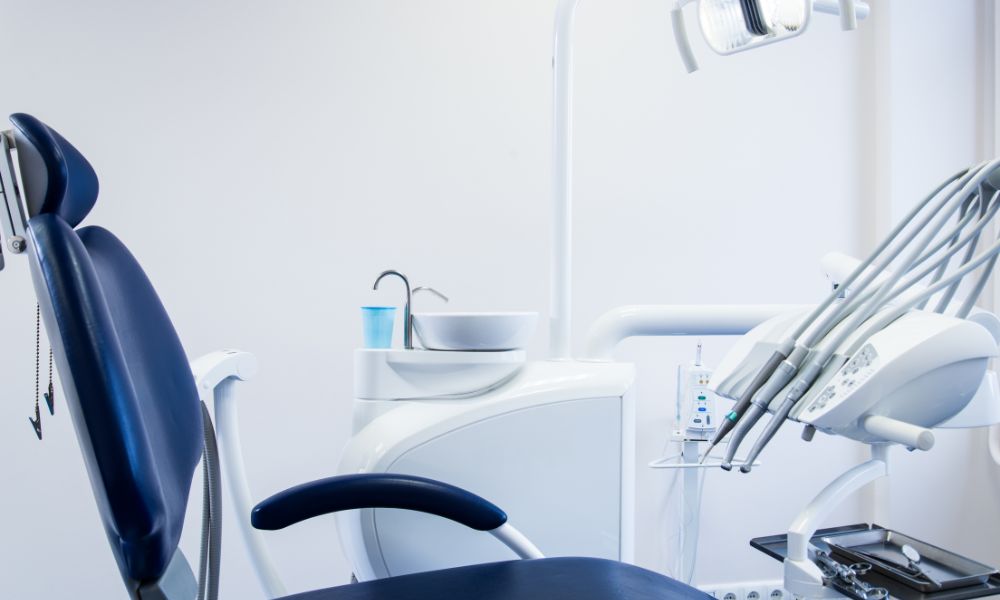Common Misconceptions About Emergency Dental Care

Maintaining your oral health and pursuing dental healthcare come with many intricacies. Dental emergencies can be confusing and overwhelming as they often involve urgent pain or distress. Keep reading to learn more about the common misconceptions about emergency dental care. Arm yourself with accurate information to make informed decisions about your dental care.
All Dental Issues Require Emergency Care
While some situations demand urgent treatment, not every issue falls into this category. Dental emergencies involve severe pain, bleeding, swelling, or injury to the teeth, gums, or jaw. Urgent issues include knocked-out or broken teeth, severe toothache, and abscessed teeth.
A dental professional can address non-emergency concerns at a routine dental appointment. These include minor toothaches, lost fillings, chipped teeth without pain, or mild gum irritation. Understanding the difference between dental emergencies and non-emergencies is vital for managing your oral health effectively.
Emergency Dental Care Is Too Expensive
Another common misconception about emergency dental care is that it is too expensive or not worth the investment. However, neglecting a dental emergency can worsen its condition and increase your treatment costs over time. Seeking prompt medical attention, even if it’s more costly upfront, can save you from significant dental repair expenses and prevent further complications. Dental insurance often covers a portion of emergency dental treatment, so check your insurance policy for the coverage it provides.
Emergency Rooms Can Handle All Dental Emergencies
Many patients assume that general emergency rooms are equipped to handle all types of dental emergencies. However, this is not entirely true, as not all emergency rooms have dental care specialists on staff. Although emergency room physicians can attend to your pain and possible infections, they do not have the same training as dental professionals. Therefore, they will likely be unable to treat your dental issue fully. In cases of dental emergencies, it is best to seek a specialized emergency dentist or visit your regular dentist if they provide emergency services.
Pain Is the Only Indicator of Dental Emergencies
While pain is certainly a common symptom of dental emergencies, other signs may also indicate the issue. For example, prolonged sensitivity to hot or cold, gum swelling, loose adult teeth, and oral abscesses can all be warning signs of an underlying dental issue. Do not ignore these symptoms! Consult a dental professional if you’re experiencing them.
Now that we’ve busted some common misconceptions about emergency dental care, it’s important to stay vigilant for signs of dental issues and prioritize your oral health. Remember that seeking prompt attention from a dental professional is essential to preserve your oral health and prevent complications. You can rely on Gentle Dental Care if you’re looking for advanced general dentistry for your dental issues. We provide emergency dental services throughout the Houston area. Learn more about the services we offer today!